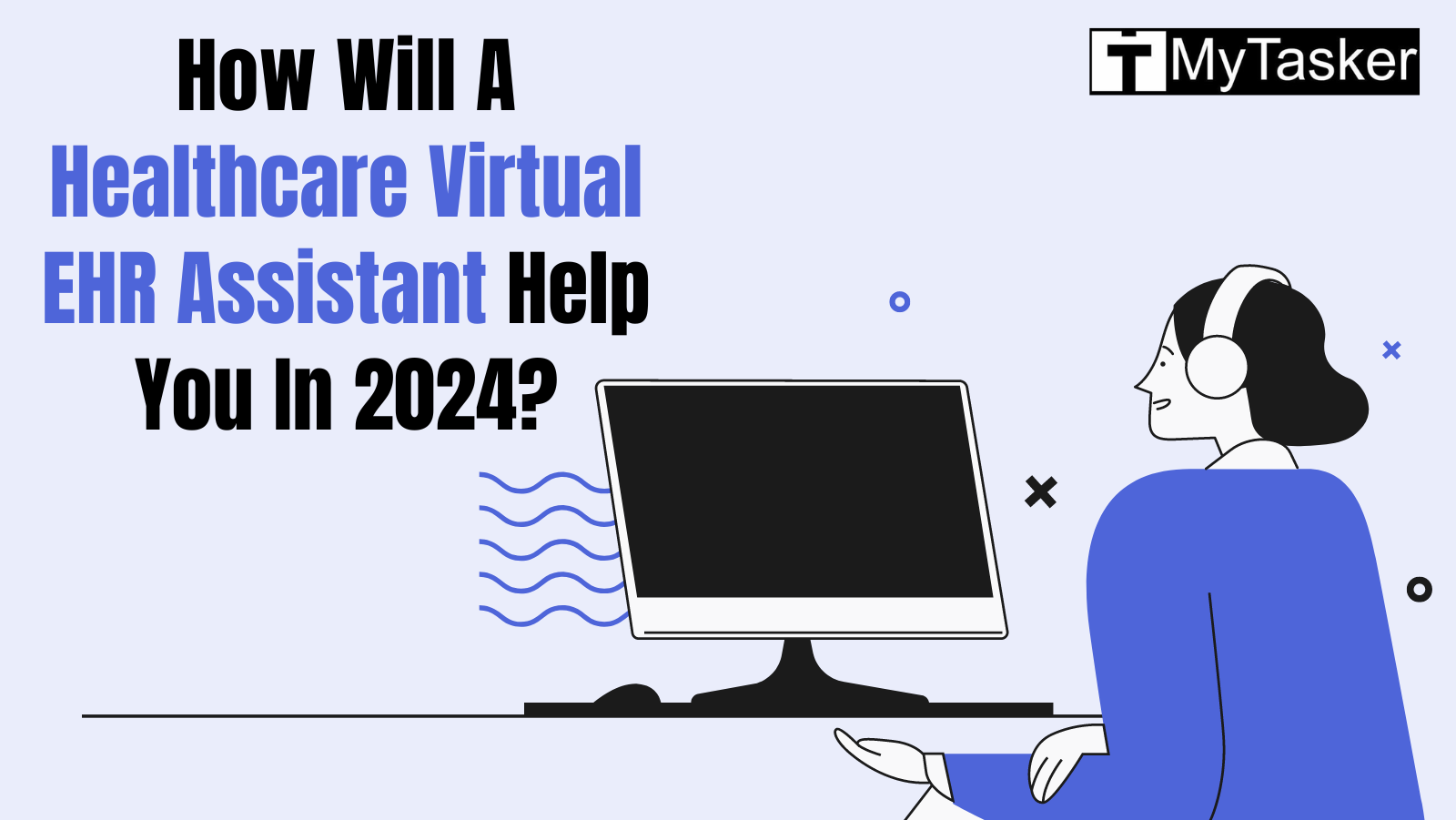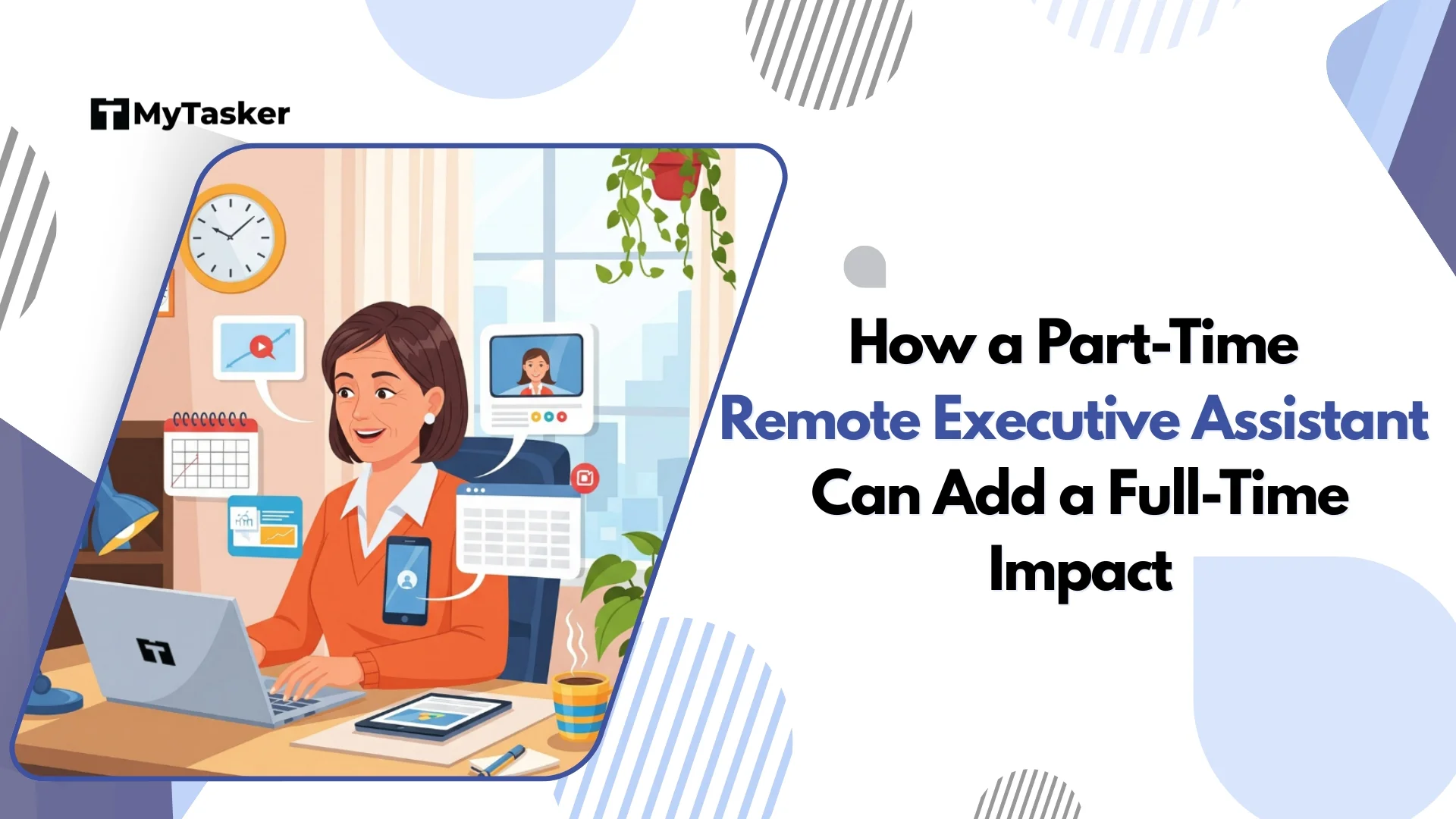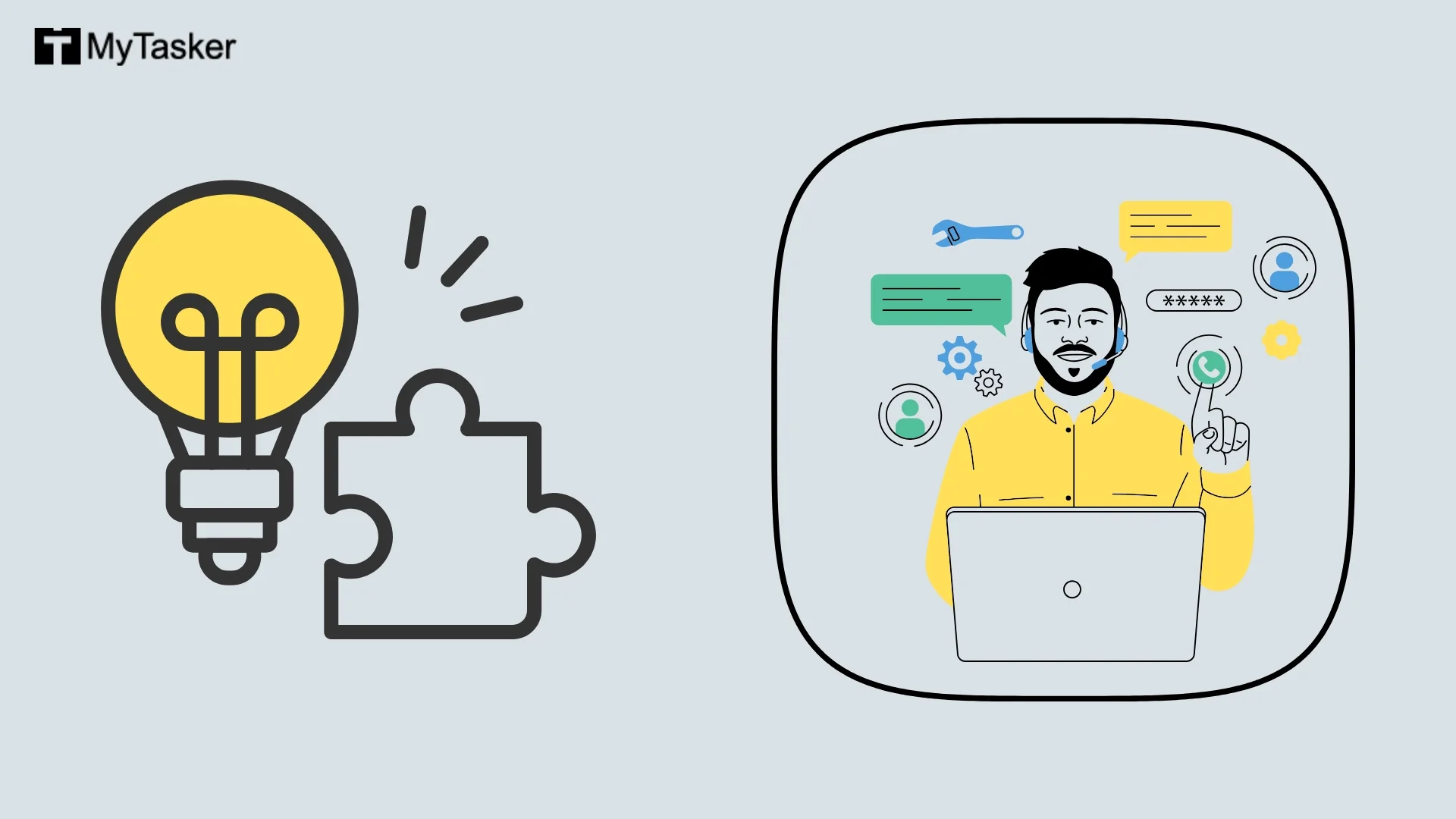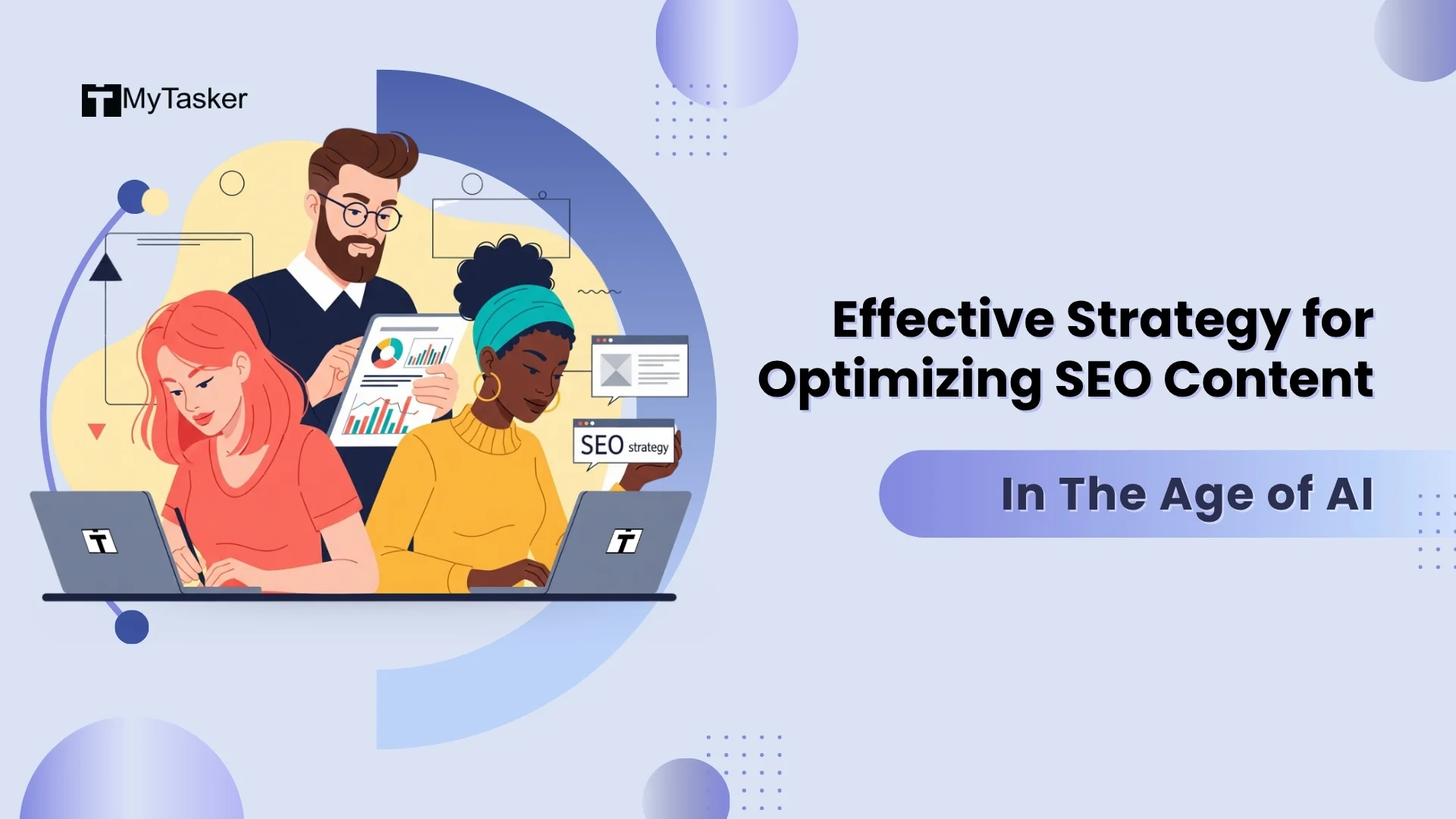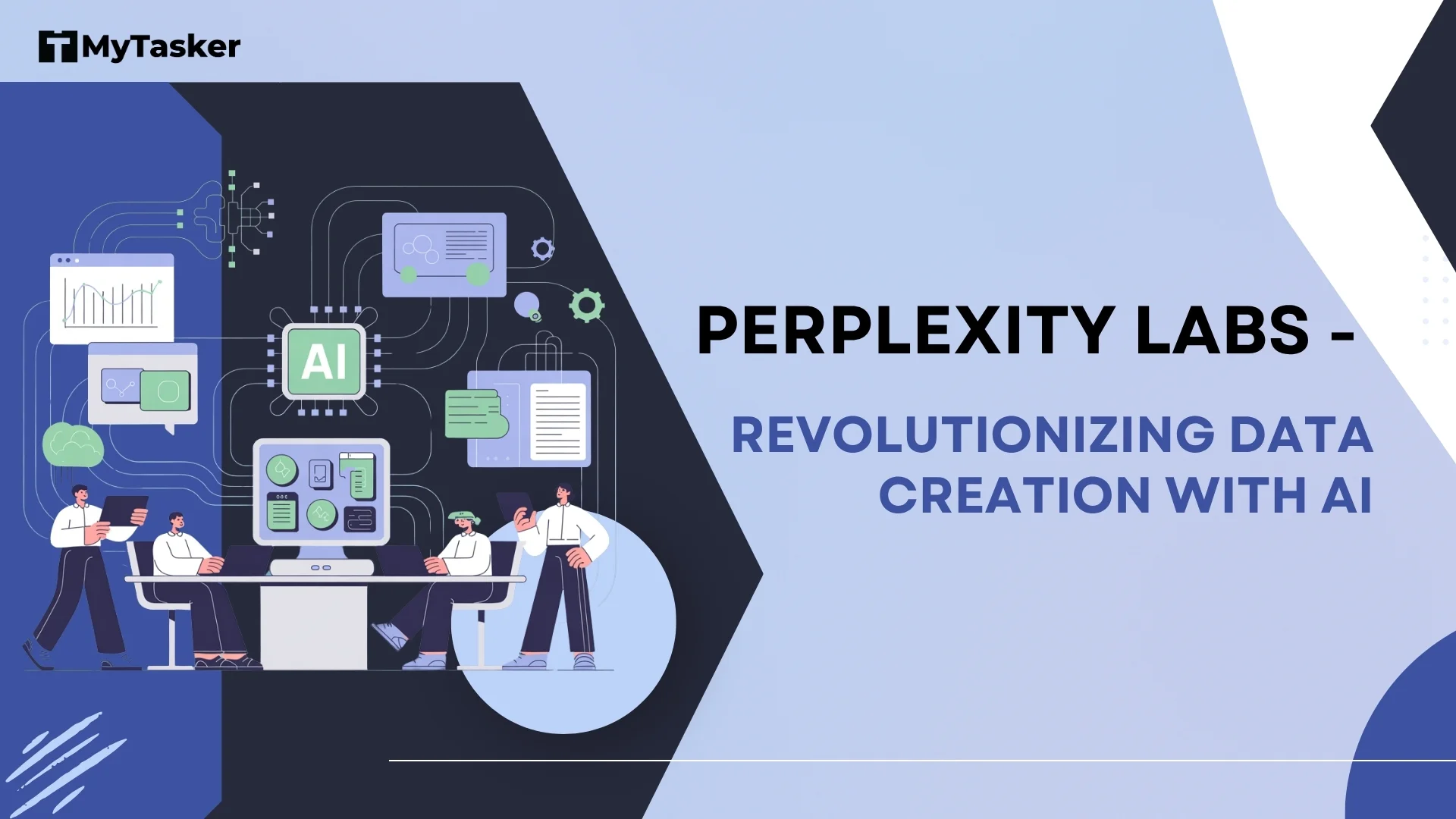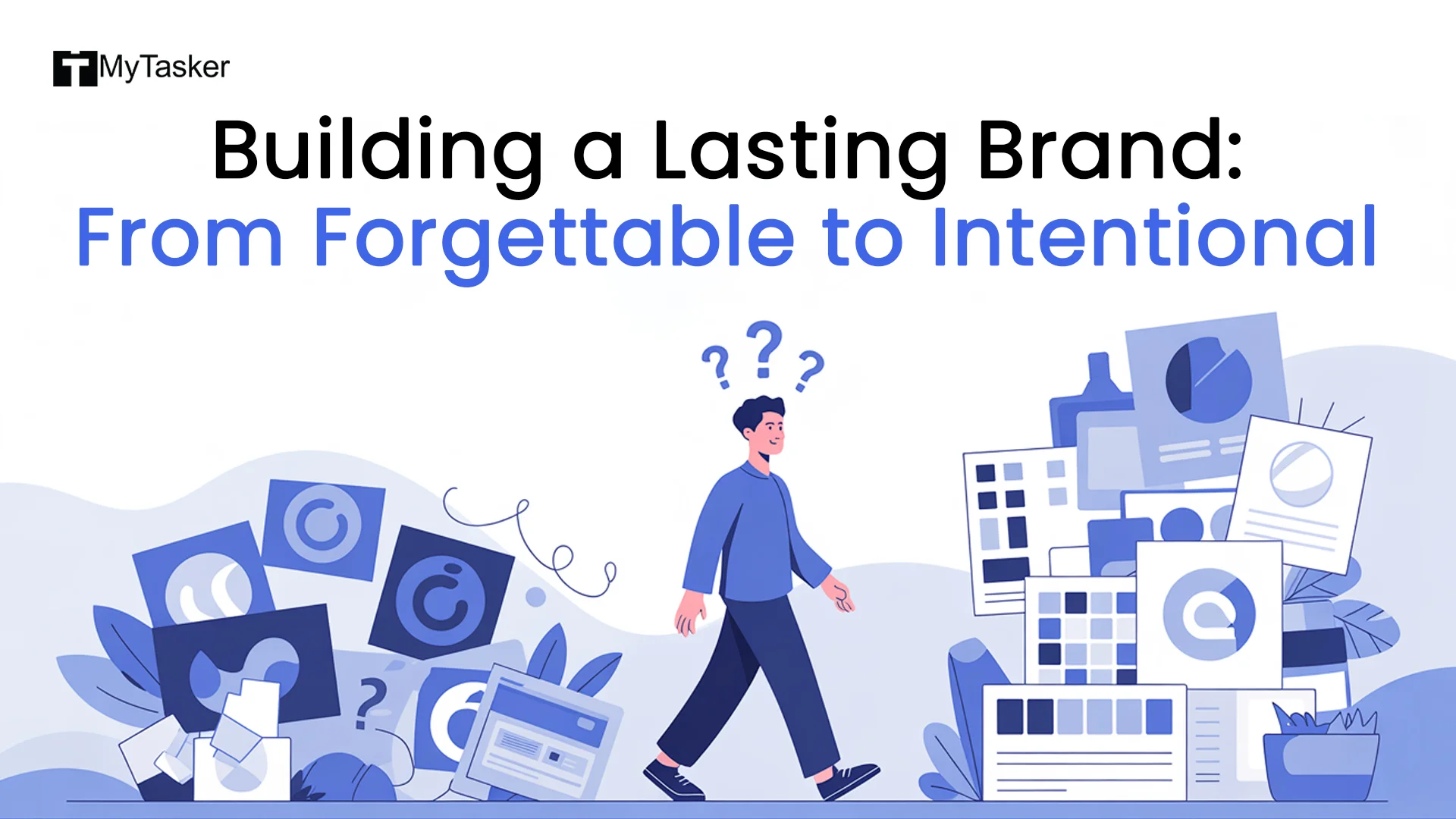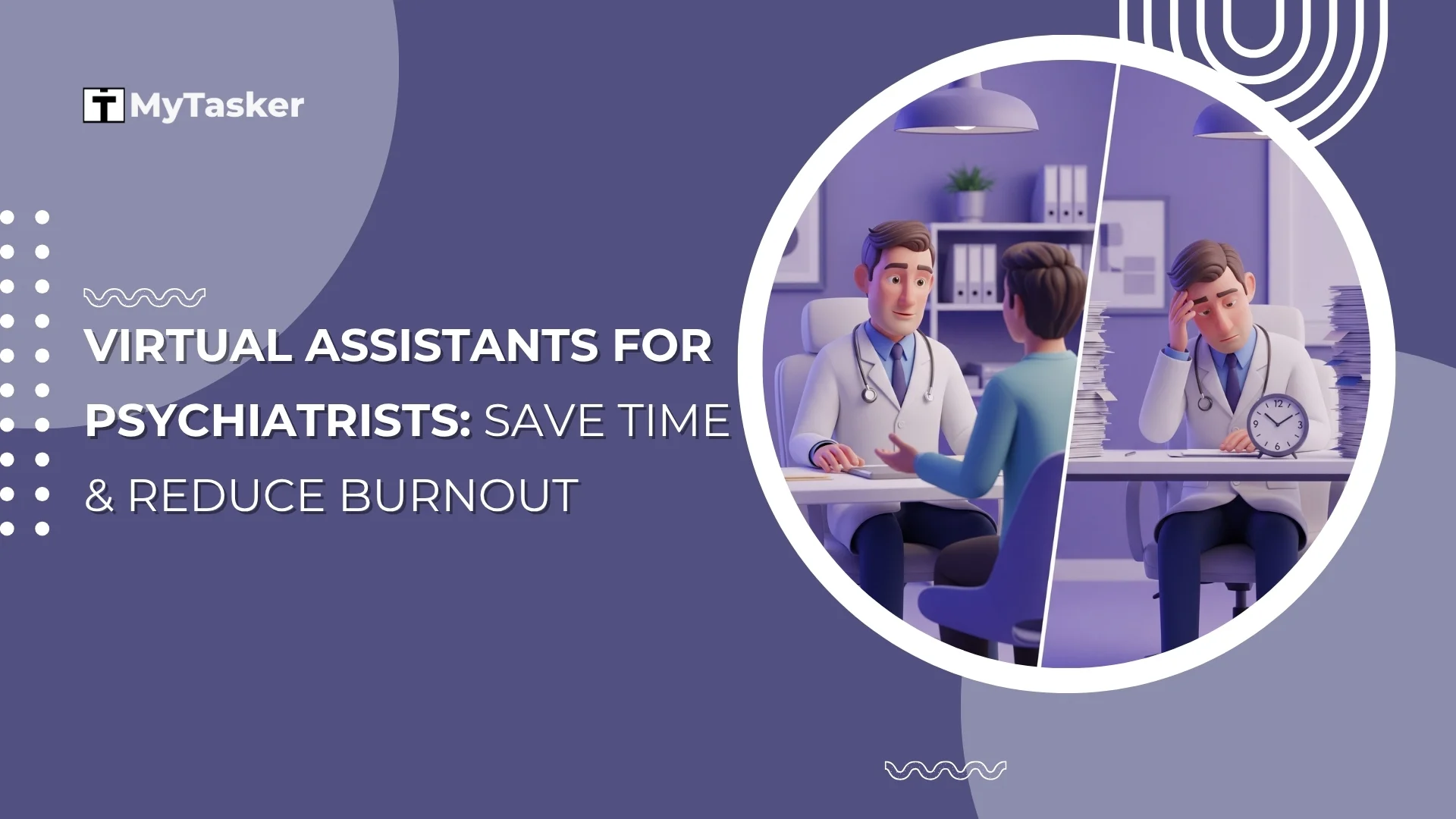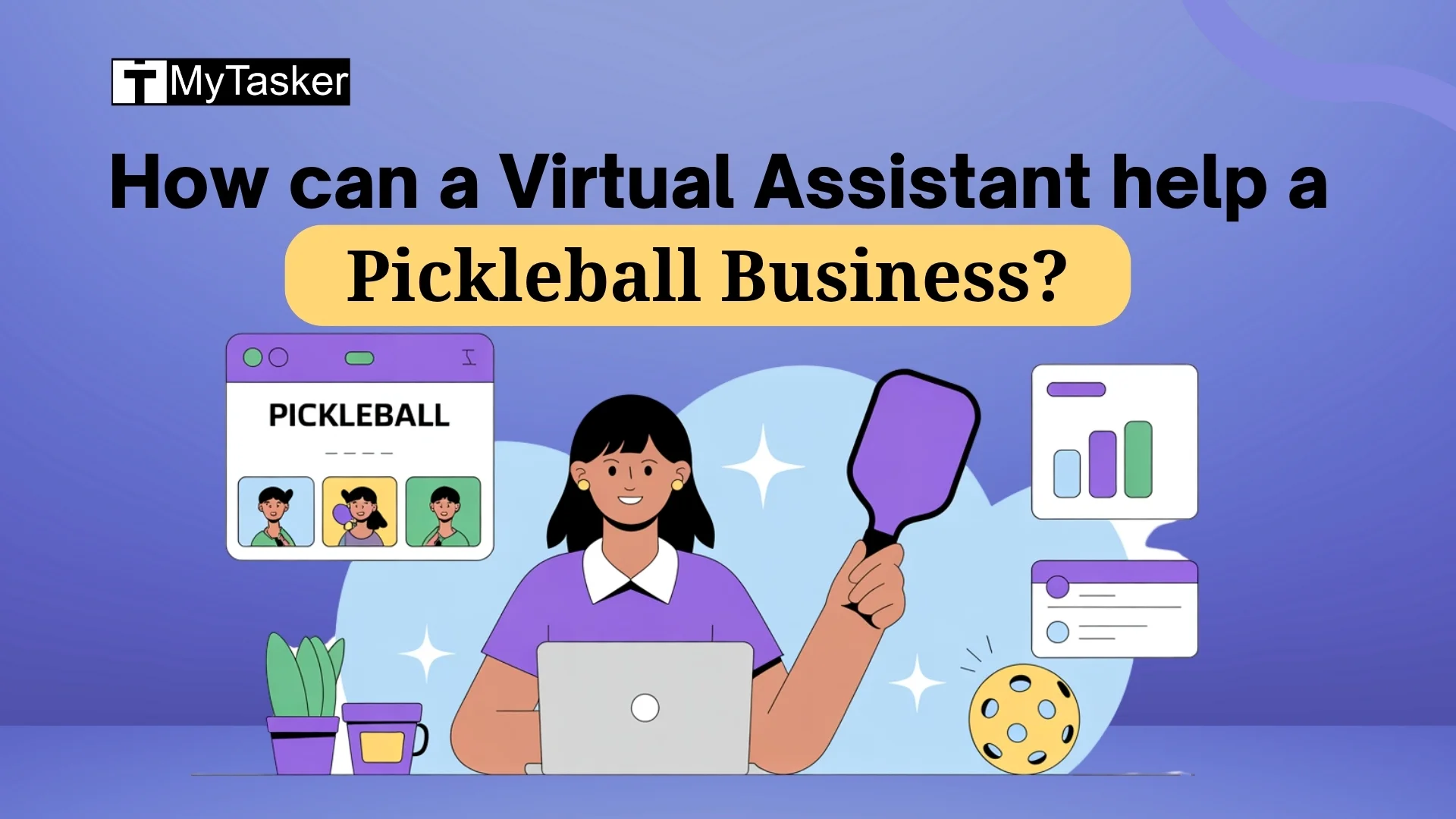Rapid technological advancements have intervened in the healthcare industry. Did you know? The market for healthcare virtual assistants was nearly $705 billion in 2022. This speaks volumes about healthcare quality, clinical decision-making, and virtual medical assistant services.
In this transitional landscape, collaboration of healthcare and technology is primal to clarify patients' medical concerns. Additionally, it helps to schedule appointments via chatbots. A patient-centered approach not only helps to reduce costs but also strengthens the clinical infrastructure.
What is EHR?
Electronic Health Records enable medical assistants to store patient data digitally. Patient's medicines, histories, lab results, and diagnoses are automatically maintained with this technology. EHR is a pivotal tool in the ever-evolving healthcare profession.
Doctors and other medical professionals can access this tool to create custom EHR workflows, maintain EHR data accuracy, and set personalized EHR reminders.
What are the Different Types of EHRs?
Let us check out some of the in-demand electronic health record systems preferred by healthcare professionals.
- On-Premise EHR - It is a server-based system where software is locally installed on healthcare facility computers to provide healthcare operators with optimum security and system control.
- Inpatient EHR - Manage patient's medical histories and lab reports with this type of system. Also, it can track patient care protocols from admission to discharge.
- Outpatient EHR - This system is used to maintain medical documentation on consulting clinic patients and record their treatment plans.
- Emergency Department Information Systems - The EDIS helps to collect emergency room information accurately and create centralized data to accelerate the patient treatment process.
- Specialty-Focused EHR - These are designed for pharmacies and surgeries to present workflows and analytics for specific domains.
What is the Importance of EHRs?
Access patient information in real-time for better diagnosis and accurate treatment plans with EHRs. Additionally, EHRs are not limited to healthcare providers. Moreover, patients can operate EHRs to access their medical data. It helps to improve the quality of life and treatment procedures.
-
EHR Coding Assistance - Medical billers can easily code patients' diagnoses and submit payment requests to insurance providers.
-
EHR Documentation Help - EHR documentation for patients offers pre-printed templates, and pre-populated fields, improves billing and coding, enables secure data sharing, reduces medical record errors, and improves patient data privacy.
-
EHR Data Extraction - Application programming interface (API) and natural language processing (NLP) are useful for extracting EHR data. It helps to address challenges methodically.
-
EHR Progress Note Assistant - EHRs can create personalized progress notes for patients including primary elements like date, time, patient's name, doctor's name, reason for visit, general descriptions, health assessment data, bloodwork results, diagnosis, care plans, patient's response to treatment, and additional observations automatically.
-
EHR Data Scrubbing - This is the process to fix incorrect, duplicate, or incomplete data automatically. A clinical knowledge database is accessed to clean all variable-specific information.
-
EHR Note Summarization - Automated EHR note summarization helps healthcare providers access the most relevant clinical data and make appropriate decisions. It saves time, reduces errors, and enhances decision-making. A proper solution can investigate large volumes of conversations and AI models can auto-generate comprehensive summaries successfully.
-
Automated EHR Data Capture - Electronic Data Capture (EDC) is a software to collect patient's clinical trial data. Software is integrated with EHR to EDC to automatically swap data from EHR-populated fields in EDC systems.
Who is An EHR Virtual Medical Assistant?
An EHR virtual assistant can successfully reduce your administrative burden. They use the latest tools and technologies (EHR) to automate tasks, provide valuable feedback, interact with patients, schedule appointments, manage insurance coverage, and address important clinical tasks. Virtual medical assistant services are powered by artificial intelligence, machine learning, natural language processing, data analytics, and voice recognition components. It allows them to comprehensively manage information with EHR integration.
How Virtual Assistants Can Manage EHR Integration?
An EHR assistant with electronic health records experience can benefit the healthcare industry significantly. Some of the following attributions include -
-
Maintain medical records to prevent repetition of information
-
Set personalized EHR reminders
-
Identify potential risks at the earliest stage and ensure patient satisfaction with swift and accurate clinical decision-making
-
VAs are aware of the conditions for EHR use and fully follow HIPAA compliance during operations
-
Added benefit to detecting suicidal risks and post-traumatic stress disorder better and administering preventative measures
-
Cut down opioid abuse with a national monitoring report for prescription drugs and related use
-
Free EHR assistant trial for medical companies before hiring
Top 2025 EHR Trends in the Healthcare Sector
Laws for Secure Interoperability
The Centers for Medicare and Medicaid Services refurnished new policies with the Medicare Promoting Interoperability Program to introduce antimicrobial use and resistance inspection protocols to promote Public Health objectives. EHR developers ensure interoperability policy compliance to benefit user healthcare providers optimally.
Enhanced Cyber Computing Protocols
Cybersecurity issues have troubled healthcare organizations over the last decade consistently. It is pivotal to employ strict encrypted computing solutions to preserve and protect patient data accessibility. EHR architecture is specially designed for unhinged interoperability between dynamic medical platforms for data-sharing. As data grows, so will the systems. Hence, the requirement for strict policies along with necessary steps to strengthen data privacy is paramount.
Standard Utility
Standardization is the process of verifying if organizations meet the criteria to apply EHR practices. It enhances the efficiency of EHR strategies and tools. Failure leads to penalties. API is promoted to help patients access electronic health records easily. Also, it ensures free usage for all patients.
Robotic Automation of Procedures
Automated EHR data capture is in demand due to global market expansion. Robotic process automation is a great substitute to minimize EHR typing and improve EHR charting speed. It helps to free up doctor's time for patient care as well. RPA comes into action to enhance the utility and eliminate the flaws without deep-level intervention. Healthcare providers can enhance their functionality with the deployment of robotic process automation. There is a forecast of $13 billion in 2030 for the robotic automation market.
Top 5 Benefits of Working with AI-Driven EHR Assistant
The right EHR virtual assistant will reduce physician burnout and assist with smart EHR documentation. Let us check out some of the benefits of choosing virtual medical assistant services -
Economic Choice
Reduce overhead expenses significantly due to accurate application and industry knowledge of proper EHR implementation.
Skyrocket Productivity
More time to focus on patient care instead of handling technological advancements to secure a better healthcare system and proper patient care outcomes.
Swift Patient Query Resolution
VAs can maintain patient records, attend patient calls, and resolve quick queries. Healthcare providers can allot this time to build stronger medical propositions. Consequently, it helps to foster a healthy relationship between the patient and the medical provider.
Expert Knowledge Pool
VAs who are well-trained in medical terminologies and procedures are appropriate for operating EHR systems. Also, they are ideal for medical facilities and healthcare providers to demonstrate the latest EHR solutions in the industry to enhance patient care. Moreover, VAs are great at exploring virtual platforms and the trending software to offer cutting-edge solutions to healthcare procedures.
24/7 Accessibility
Patients can access applications at any time to check their medical records. Similarly, VAs are there for healthcare providers to perform crucial tasks anytime. Since VAs can also act as personal assistants to doctors, it helps promote a renewed work-life balance for our healthcare experts.
Talk To Your Personal EHR Virtual Assistant Today
An EHR expert is an invaluable asset for any healthcare operator. They are not only assistants to doctors but also phenomenal technical guides who ease regular operations appreciably.
At MyTasker, we present the liberty to reduce medical operational and patient inquiry-related work stress with state-of-the-art EHR assistants to streamline important processes that take a long time manually. Talk to us today and fortify greater and more meaningful healthcare solutions.



